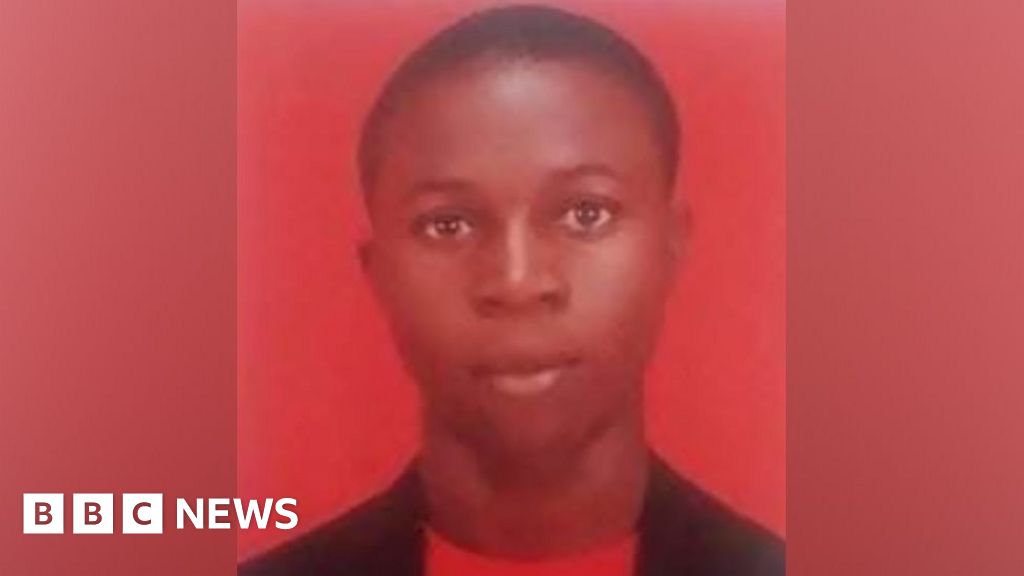Why do people write autobiographies?
Some do it out of a sense of triumphalism. Others do it to leave behind a defence for their actions. Still, others do it because they think their stories are worth telling.
In the case of Maggie, it is a celebration – a celebration of a place – Abule–Oja, Yaba– and of those who, in the words of the author, “grew up around the Seventies, Eighties, and early Nineties in Lagos, irrespective of ethnic affiliation.”
Corals of Youth is a book of ten chapters that cover the first fifteen years, more or less, of the author’s life. The chapters are not of equal length. The shortest is Chapter 7, while the longest is Chapter 10, the last one. (One gets the impression that the author realised there was still so much more to say and tried to cram as much as possible into the last chapter. This may be an indication that there will be a part two.)
The style is unassuming and familiar, giving the impression that the author is face to face with you, just “gisting,” as we say. (If you know Maggie well enough, you can almost hear her giggle at various text points.
I must confess that I marvel at the author’s ability to remember the various events of her childhood in fine detail. Some of us can barely remember what happened to us last month and talk less about the occurrences of forty-fifty years ago.
Chest full of memories
In Corals of Youth, Maggie has opened and shared a treasure chest full of memories with us.
The word “portmanteau” will be very familiar to us of a certain age. Back then, rather than suitcases, one was more likely to hear and use the word portmanteau. The portmanteau was
Nigerians need credible journalism. Help us report it.
Support journalism driven by facts, created by Nigerians for Nigerians. Our thorough, researched reporting relies on the support of readers like you.
Help us maintain free and accessible news for all with a small donation.
Every contribution guarantees that we can keep delivering important stories —no paywalls, just quality journalism.
where the special outfits were stored, one’s bottom box that only saw the light of day on special occasions.
Then, on such occasions, opening the portmanteau and carefully unwrapping the treasured garments would waft a rich, musty smell enhanced by the odour of camphor with which the garments had been stored to protect them from moths.
Corals of Youth evokes a sense of nostalgia as Maggie carefully unwraps these nuggets of memory, and one can almost smell again that rich, musty smell of well-preserved treasures familiar to those who lived through those years in Nigeria. We know the adage, “It takes a village to raise a child.”
Corals of Youth demonstrates that a child is moulded not only by its immediate family but by the very society in which it finds itself. Thus, Maggie weaves into her narrative the different societal events of her growing up and their impact on her and her family.
From the fact of being, as she calls herself, “the child of the Nigerian civil war, born in the year when the war began,” to when she talks about a “forced holiday thanks to another student demonstration against the government in 1986.”
Operation Feed the Nation
She reminds us of “the project Operation Feed the Nation during the days of Obasanjo as a military ruler in Nigeria,” “the dragon/ Buhari strike which came as a result of the removal of food subsidy,” the various student riots of the military years that led to the author experiencing “The deadly odour of the tear gas from the anti-riot policemen who chased rioting students right into Abule Oja….”
The narrative has its high points of humour. Take, for instance, how the author, in chapter three, details the plotting and execution of the “revenge plan” against the girl who had beaten her up: “We noticed that the adults at the African Church stayed behind after the service for meetings, while the youth and children of the church left for their various homes, and so we knew how to get our target. We positioned ourselves in two locations: frontline (advance troop) and back- up almost like warfare.
At the beginning of the lane, Callistus, Slyva, and Anene positioned themselves with sticks—their weapons of war for the battle—while Baby, Lizzy, and I awaited our victim by Mosuro Street.
She passed the first team unsuspectingly. As she and her younger siblings navigated the Mosuro curve (we had studied her usual path), I looked boldly at the young lady with only three siblings. My impish smile spread across my face. I nodded in the affirmative vigorously, too.
“Give her a hot slap now!” my cousin ordered. As if I needed any prodding, I jumped as high as I could and slapped her, the lure of revenge like the head, the warm feel of wine on a cold day. The young lady and her siblings tried to fight back, thinking it was only my cousin, Lizzy and I. Calli, as we often called him, and the other boys moved to the frontline to reinforce the advanced troops.
Support PREMIUM TIMES' journalism of integrity and credibility
At Premium Times, we firmly believe in the importance of high-quality journalism. Recognizing that not everyone can afford costly news subscriptions, we are dedicated to delivering meticulously researched, fact-checked news that remains freely accessible to all.
Whether you turn to Premium Times for daily updates, in-depth investigations into pressing national issues, or entertaining trending stories, we value your readership.
It’s essential to acknowledge that news production incurs expenses, and we take pride in never placing our stories behind a prohibitive paywall.
Would you consider supporting us with a modest contribution on a monthly basis to help maintain our commitment to free, accessible news?
TEXT AD: Call Willie - +2348098788999

















 English (US) ·
English (US) ·